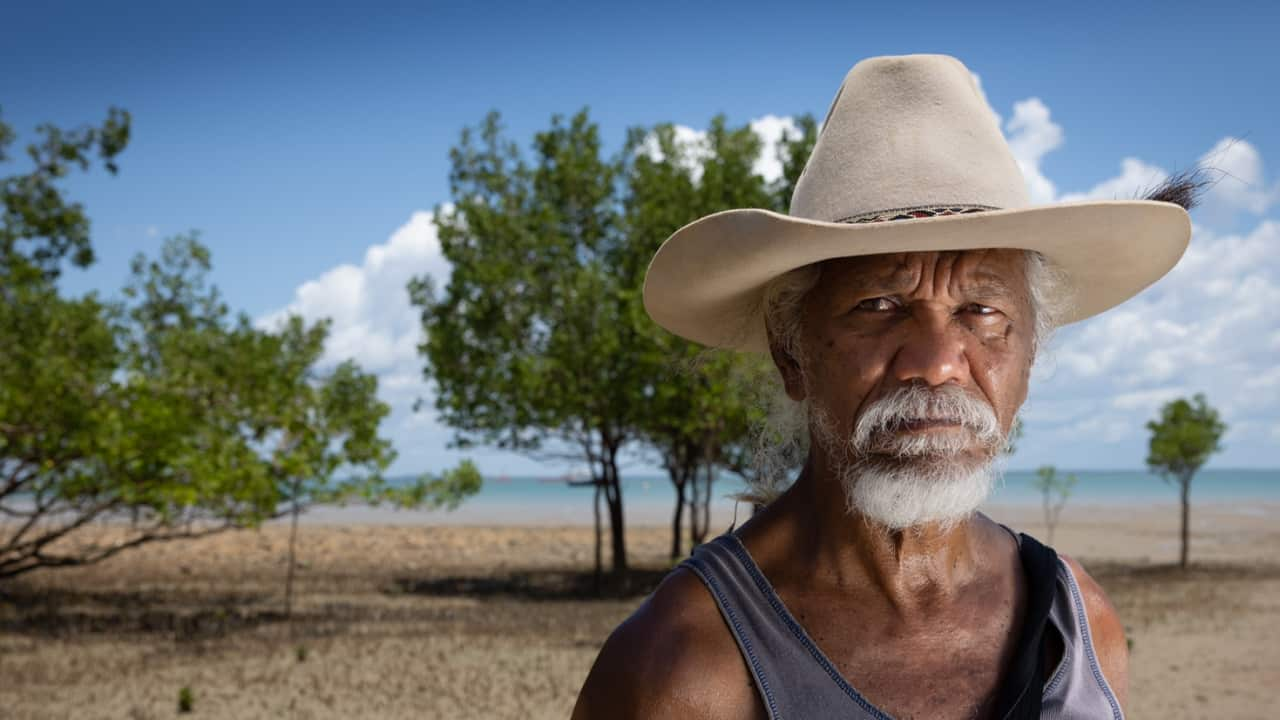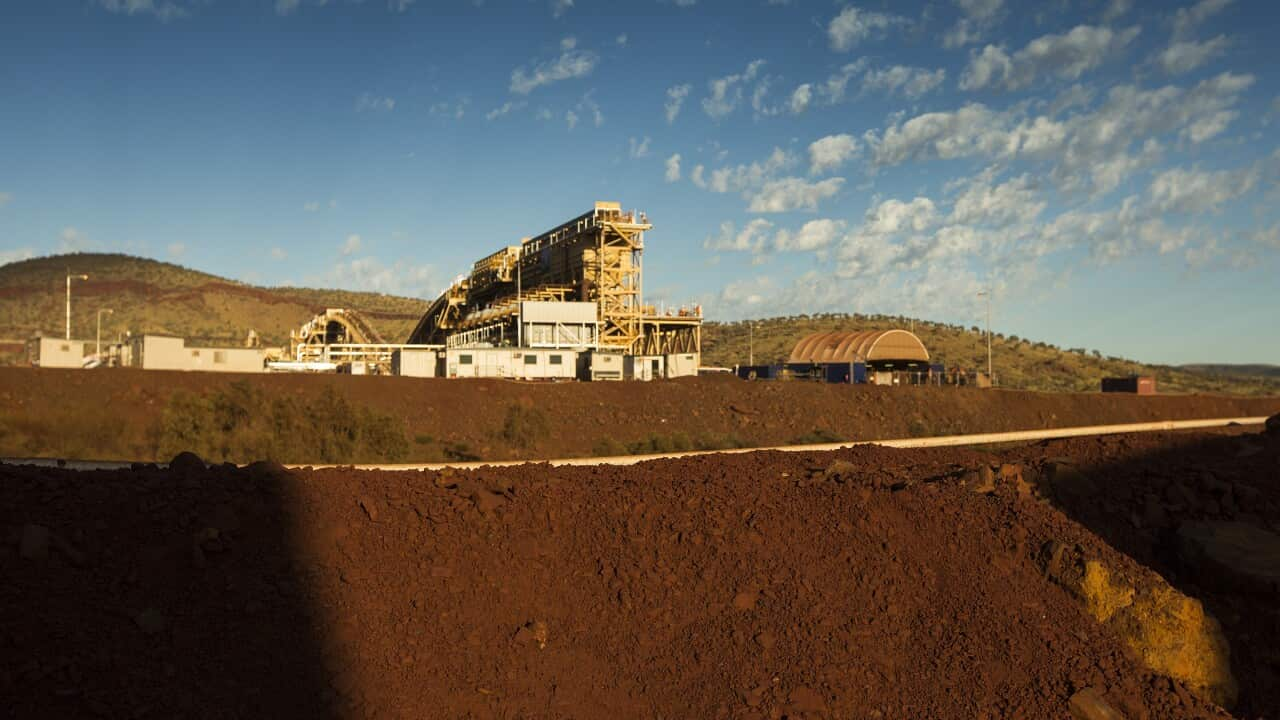Yindjibarndi man Michael Woodley has been asked many times why his people have shown so much determination in their fight against Fortescue Metals Group (FMG), the mining company started by billionaire Andrew Forrest.
"We fight because we owe it to our ancestors and future generations to ensure that Yindjibarndi people’s long, hard journey to prove that we have legal rights under the Native Title Act is seen and respected, and because it is a law that must lead to consequences if a proponent chooses to disrespect First Nation Australians," he says.
The fight has cost dearly - it's caused deep wounds in the Yindjibarndi community and seen family members pitted against one another, as the legal arguments went through the judicial system all the way to the High Court, which ruled against the resources behemoth.
Many Elders have died in the decades since the dispute began.
Now closing submissions have begun being heard, with the Federal Court to determine how much compensation the Yindjibarndi will receive.
Mr Woodley believes the case is, arguably, the most significant litigation brought by an Indigenous community since ’s High Court case in 1993, which recognised the Meriam people's traditional rights to their land and paved the way for the Native Title Act.
"At the heart of the case is whether the courts should take a real-world view and award compensation based on the types of agreements that fair-minded corporations have reached with Traditional Owners," he says.
"We certainly think this should be the case.
"Economic compensation based on this approach, plus compensation for the damage to heritage, spiritual values, environment and social disruption, are before the courts to determine, and perhaps that will set the bar on native title compensation."
Since Fortescue began mining at its Solomon Hub in 2013, the company has shipped off iron ore reportedly valued at roughly $80 billion, legally destroying dozens of significant Yindjibarndi sites in the process.
FMG has not paid the Yindjibarndi people - who have had their exclusive native title rights recognised over the area - a single cent.
Yindjibarndi Ngurra Aboriginal Corporation are seeking compensation from Fortescue for economic and cultural loss due to mining operations.
Fortescue began its Solomon hub operation in the Pilbara without agreement from the Yindjibarndi Aboriginal Corporation, instead dealing with a breakaway group.
During his submission, barrister for Yindjibarndi Vance Hughston told the Federal Court the devastation to Country had been enormous, as had the wealth generated for Fortescue and the state of Western Australia.
"The only party missing out in all of this is the Yindjibarndi people," he said.
"Country, physically and culturally, is being destroyed, they're locked out of that Country and they are not receiving a dollar's compensation from the wealth that is being generated from their Country."
Mr Hughston said the Solomon mine hub is in an area of Country that was effectively pristine, but cultural and physical aspects of the land had been destroyed.
He said mining would continue until at least 2045, and then the land would undergo several years of rehabilitation.
Mr Hughston said rehabilitation works "will never restore the land to its original quality" and the "cultural landscape will remain obliterated".
"What will be returned will be large pits in the land," Mr Hughston said.
"Effectively, we say in our submissions, that native title has really been extinguished ... this Country has been lost to them, they won't be going back to this Country when the miners finally leave."
Lawyers for Yindjibarndi argue compensation should take into account the amount the native title holders would have been able to negotiate with Fortescue, while the mining company has said the amount should be calculated without reference to the value of any minerals on or in the ground.
"That's what miners pay us for and how they pay us," Mr Hughston said on Monday.
"They want that access to the land to get the minerals and they will pay a percentage royalty on the minerals that are mined and sold."
Closing submissions are continuing this week.






